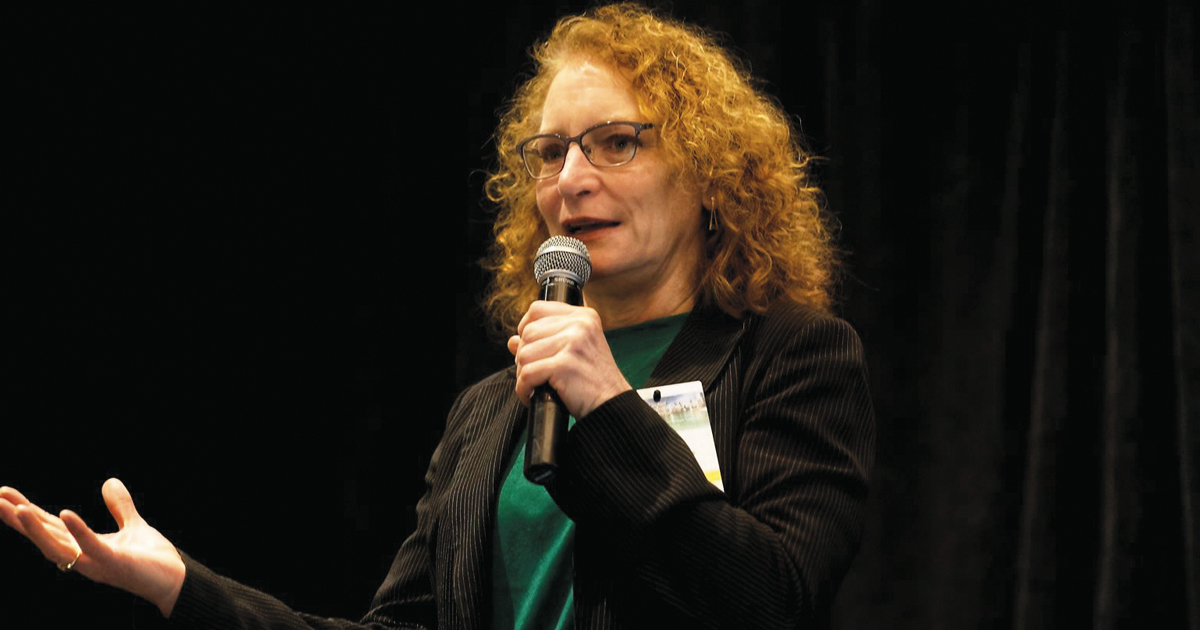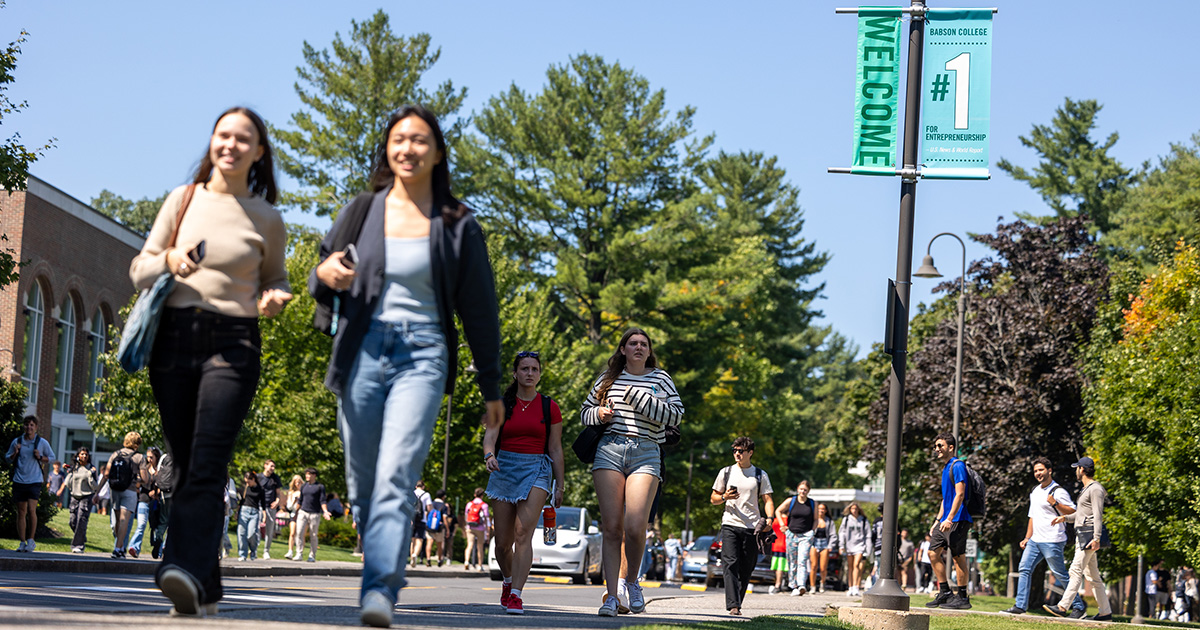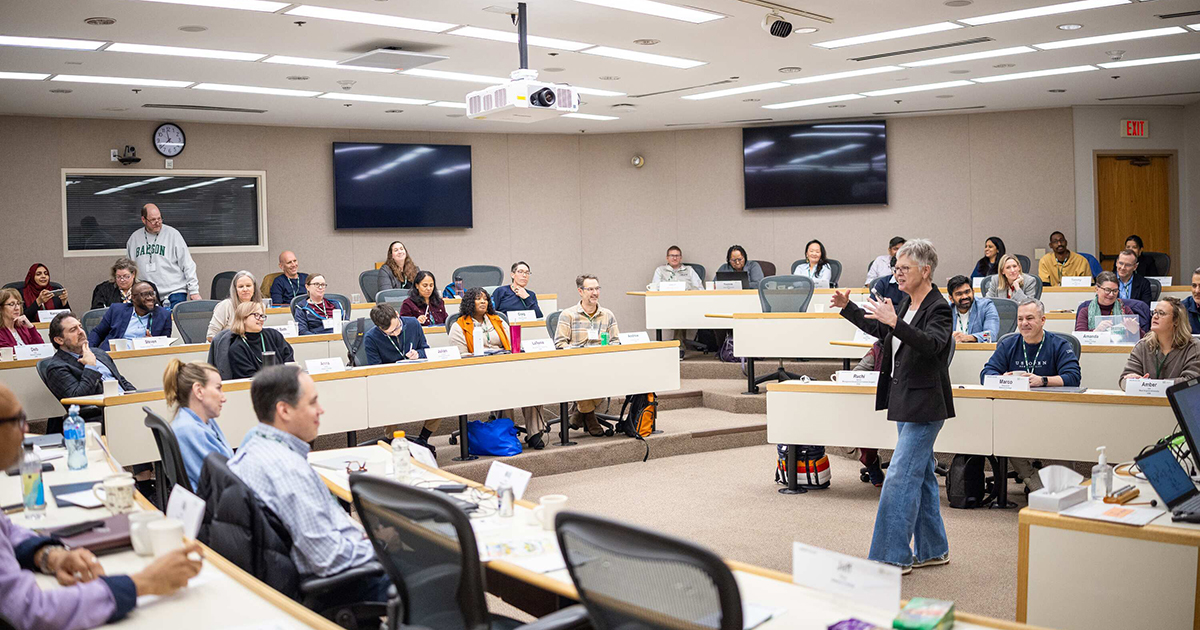Five Lessons from GEM’s Research

The Global Entrepreneurship Monitor, co-founded by Babson College in 1999, is the largest and most developed research program on entrepreneurship in the world. No one understands the importance and impact of GEM’s research and findings more than Donna Kelley, Babson’s Frederic C. Hamilton Professor of Free Enterprise Studies, who also is a board member of GEM and leader of the GEM U.S. team.
Here, Kelley offers five lessons from GEM’s recent research:
1. Opportunities emerge out of uncertainty.
In uncertain times, entrepreneurs may hold off on acting on their ambitions, temporarily or possibly for good. During the 2008 recession, for example, entrepreneurship in the United States plummeted. However, we need to think entrepreneurially during such times, recognizing opportunities for different business models, different products or services, or at least different practices.
2. Entrepreneurs need an ecosystem.
They depend on a range of stakeholders: customers, investors, co-founders, employees, suppliers, advisors, and so forth. Understanding the unique mix of factors that will enable entrepreneurs to thrive, and identifying and addressing any underlying constraints they face, will create the foundation for sustained survival and growth of ventures in the community.
3. Underserved populations require attention.
Participation in entrepreneurship is uneven across societal groups. Women engage in entrepreneurship at lower rates than men in most countries. We also can look to uneven participation across income, age, and education levels, as well as other groups, such as veterans, migrants, ex-convicts, and people with disabilities. Individual groups likely have specific needs to thrive as entrepreneurs.
4. International commerce and innovation are key.
Selling internationally means an entrepreneur must compete in unfamiliar markets, adapting to compete on a global scale against local players. Support for innovative and global entrepreneurship will require particular conditions such as access to advanced technologies, intellectual property protection, export assistance, and highly skilled labor.
5. Economic vitality relies on mature businesses.
Stable jobs depend on ensuring sufficient businesses can survive and grow into maturity. This depends on the aspirations of entrepreneurs, but it also can depend on their choice of industry. Many people are attracted to starting low barrier-to-entry businesses, but an economy benefits to the extent it contains higher-potential capital and knowledge-intensive ventures.
Posted in Insights




